Wearables have revolutionized how we track our health, offering insights into various aspects of our well-being, including sleep. However, some wearables might inadvertently impact the very sleep they aim to monitor. This exploration delves into six types of wearables that could potentially disrupt sleep patterns, shedding light on how they might interfere with your nightly rest.
Smartwatches and Fitness Trackers
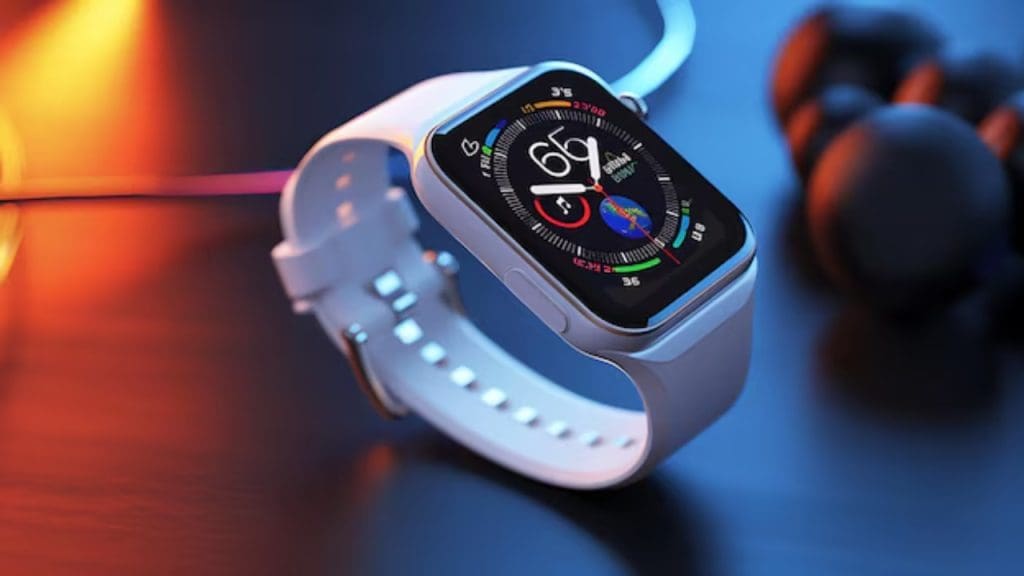
Smartwatches and fitness trackers have become staples for health-conscious individuals, providing metrics on heart rate, steps, and even sleep cycles. However, their constant notifications and alerts can disrupt sleep. The bright screens and vibrations, often essential for daytime use, might disturb your slumber if not muted or adjusted. A study suggested that the constant data collection can lead to anxiety about sleep quality, ironically leading to poorer sleep.
Brands like Apple and Fitbit have integrated sleep tracking features, but their accuracy is still debated among sleep experts. The discrepancy between actual sleep and what these devices report can lead to unnecessary worry, further impacting sleep. While these devices offer valuable insights, managing their settings is crucial to minimize their potential sleep disruption.
Sleep Tracking Rings
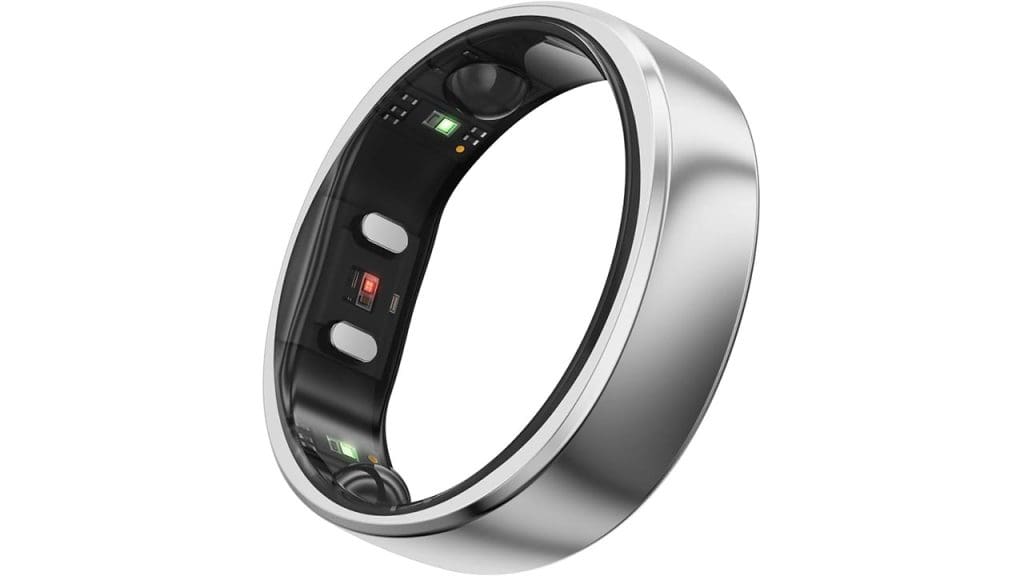
Sleep tracking rings, such as the Oura Ring, offer a less intrusive way to monitor sleep compared to wrist-worn devices. They track metrics like heart rate variability and body temperature. However, their tight fit and the presence of electronics close to the skin throughout the night can still cause discomfort for some users, potentially affecting sleep quality.
The accuracy of sleep tracking rings has been questioned, as discrepancies between actual sleep and data can lead to sleep anxiety. For instance, a study highlighted these concerns, noting that while the data is insightful, it is essential to interpret it with caution to avoid unnecessary stress that could further disrupt sleep.
Smart Glasses
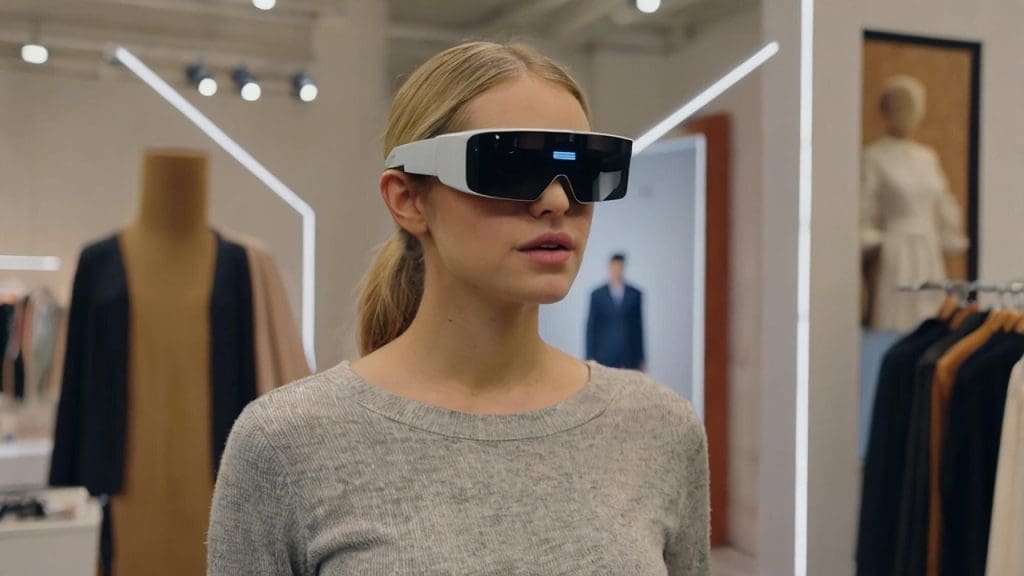
Smart glasses, designed to offer augmented reality experiences, have found their way into the realm of wearables. While not typically associated with sleep, their blue light emissions can interfere with melatonin production, crucial for regulating sleep-wake cycles. Wearing these glasses close to bedtime might hinder the onset of sleep.
The convenience of having information directly in your field of vision is appealing, but it’s important to be mindful of usage times. Limiting exposure to blue light-emitting devices before bed is a well-known method to improve sleep quality, and smart glasses are no exception.
Wearable ECG Monitors
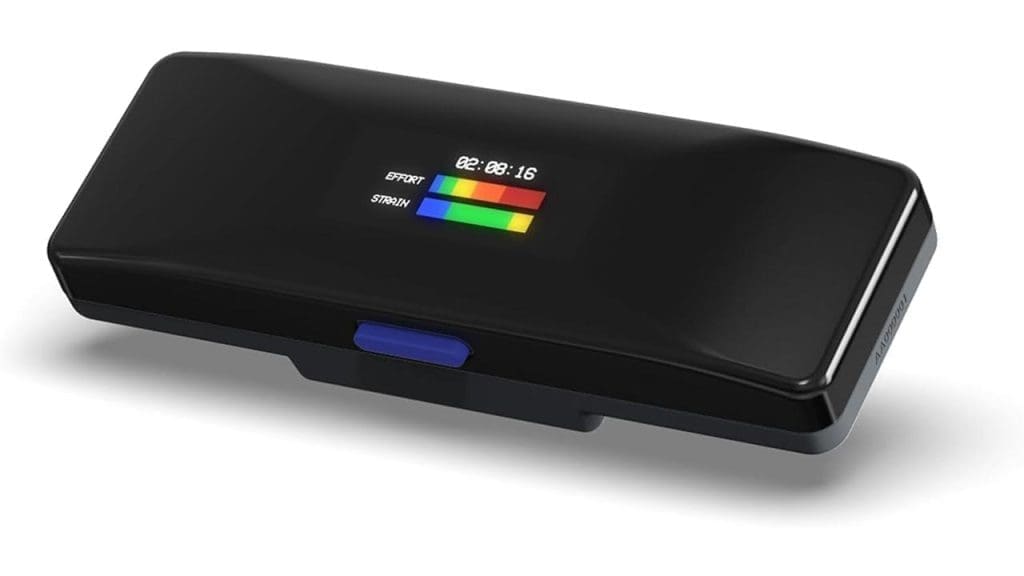
Wearable ECG monitors are invaluable for individuals with heart conditions, offering real-time cardiac monitoring. However, their constant data collection and potential alerts during sleep can disrupt rest. The psychological impact of continuous monitoring can lead to sleep disturbances, especially if users become overly focused on potential anomalies.
These devices, while lifesaving, require users to balance health monitoring with rest. A study noted the importance of managing the alerts and understanding the data without allowing it to cause undue stress, which could further affect sleep patterns.
VR Headsets
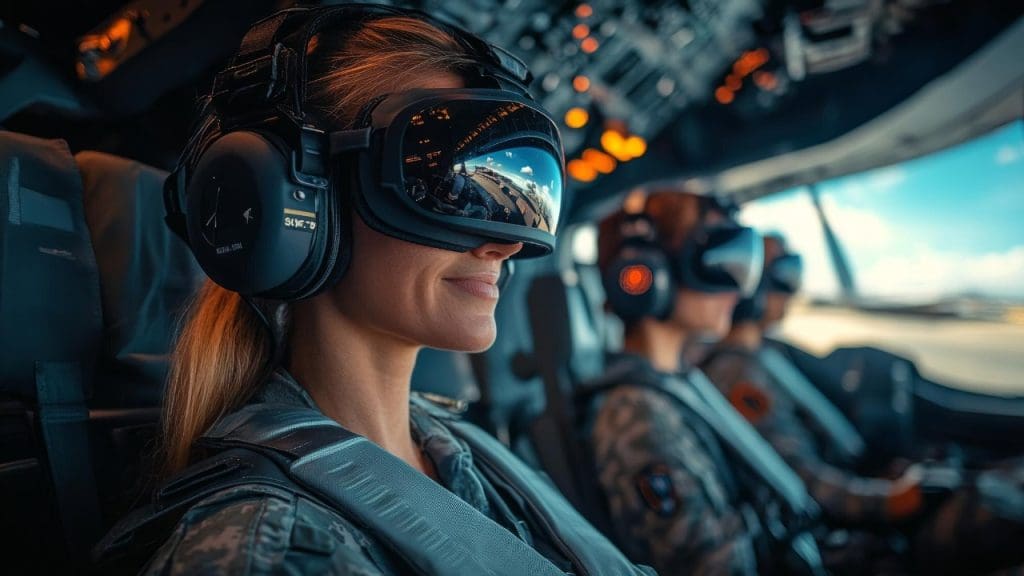
Virtual reality headsets offer immersive experiences for gaming and entertainment but can disrupt sleep if used excessively before bedtime. The intense visual and auditory stimulation can delay the onset of sleep, and the physical discomfort of wearing the headset can linger after use, making it difficult to relax.
While VR technology is advancing rapidly, it’s important to limit usage to ensure it doesn’t interfere with sleep. A study suggested that users be mindful of timing, ensuring they have a buffer period between VR use and bedtime to allow for adequate winding down.
Smart Clothing
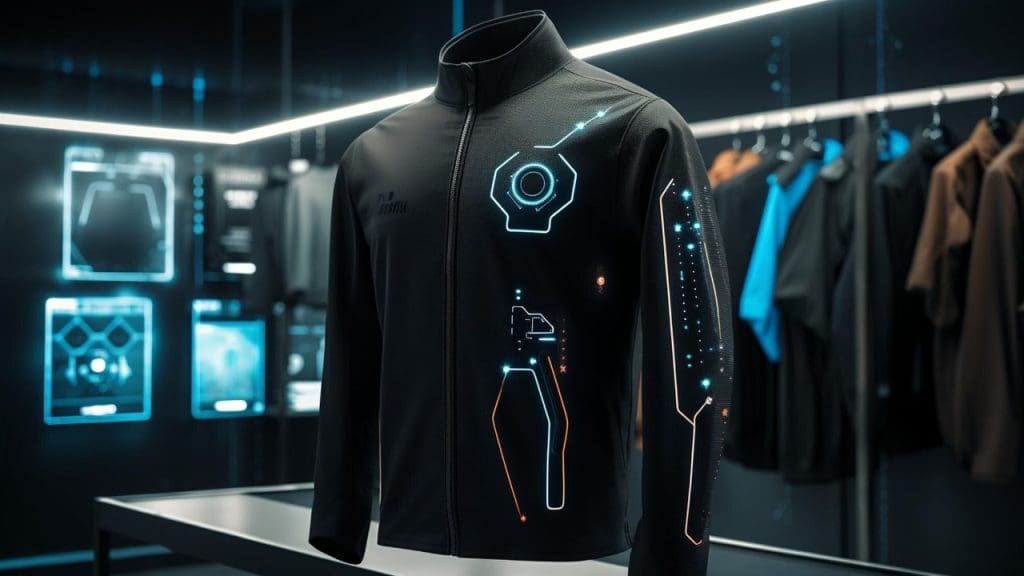
Smart clothing, embedded with sensors to monitor various health metrics, has gained popularity for its seamless integration into daily wear. However, the presence of electronic components within the fabric can cause discomfort, especially at night, potentially leading to disrupted sleep.
The technology in smart clothing is impressive, but users should ensure that the clothing fits well and doesn’t cause irritation. A study emphasized the need for comfort in wearable tech, noting that while the data is beneficial, the primary goal should be user comfort, especially during sleep.